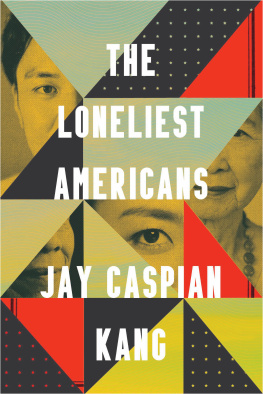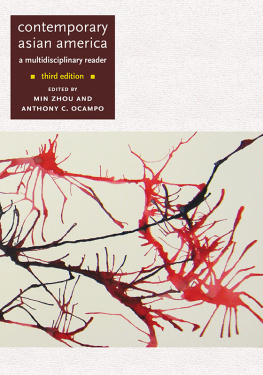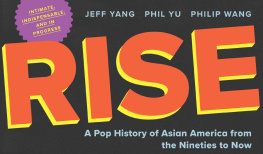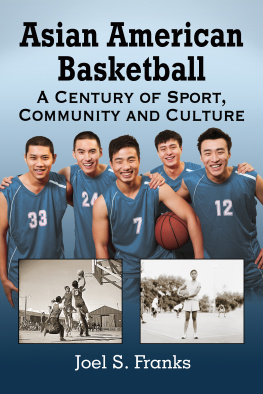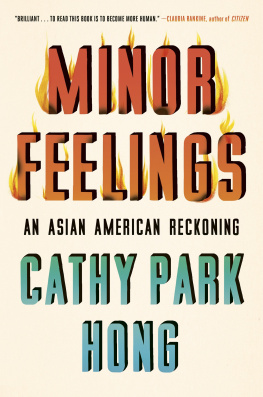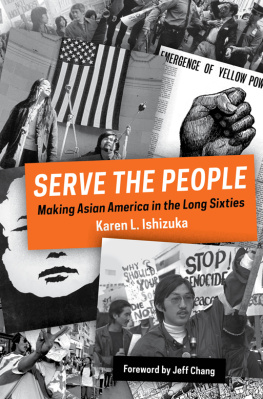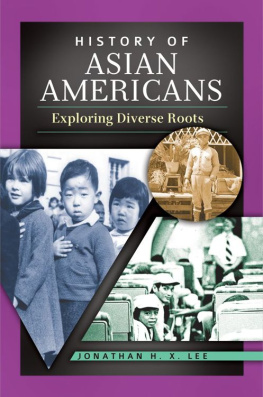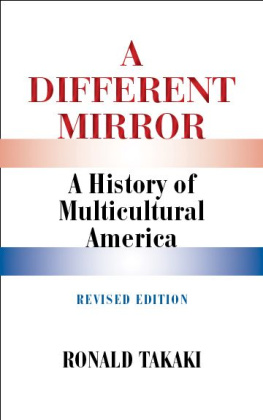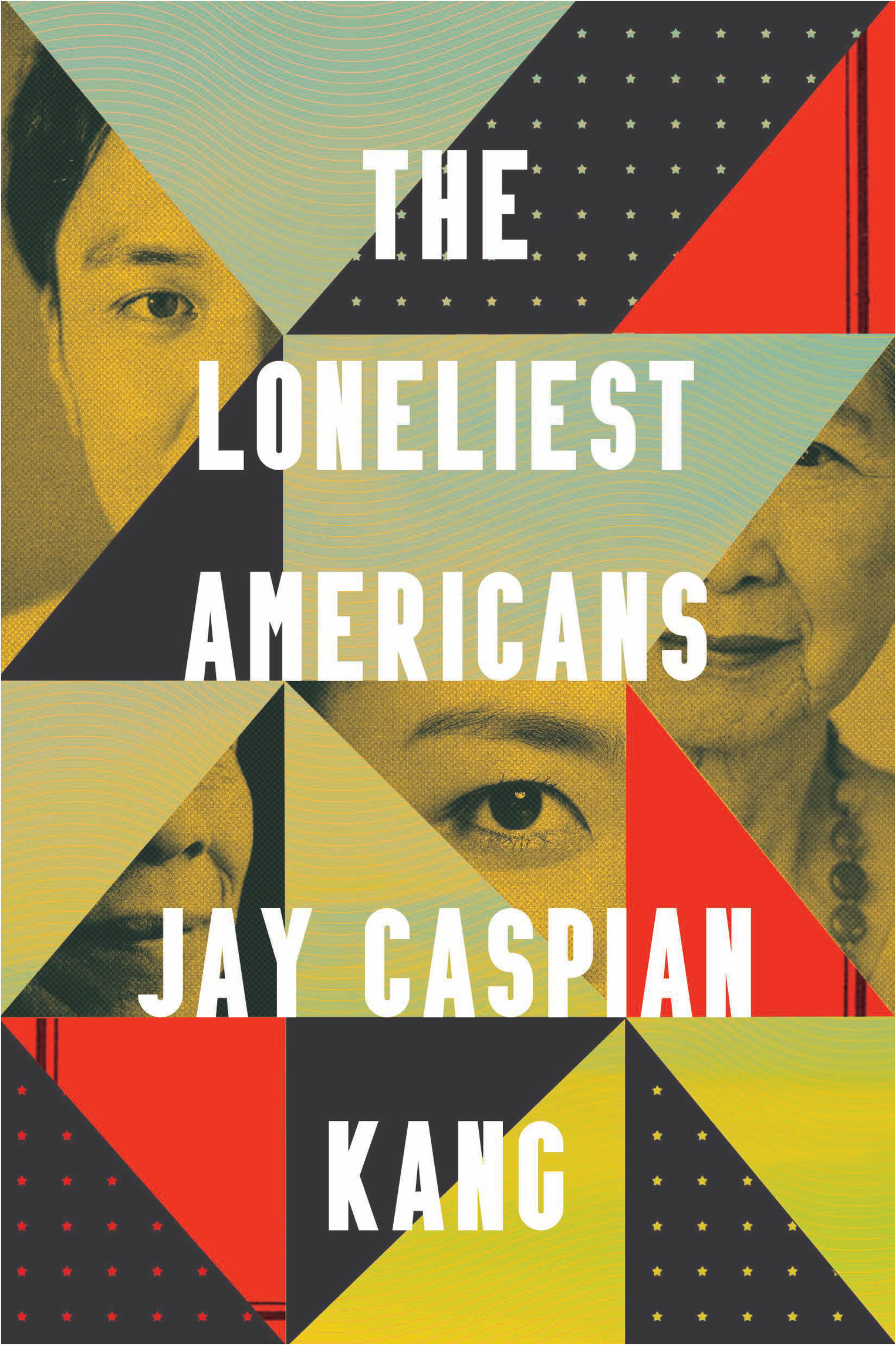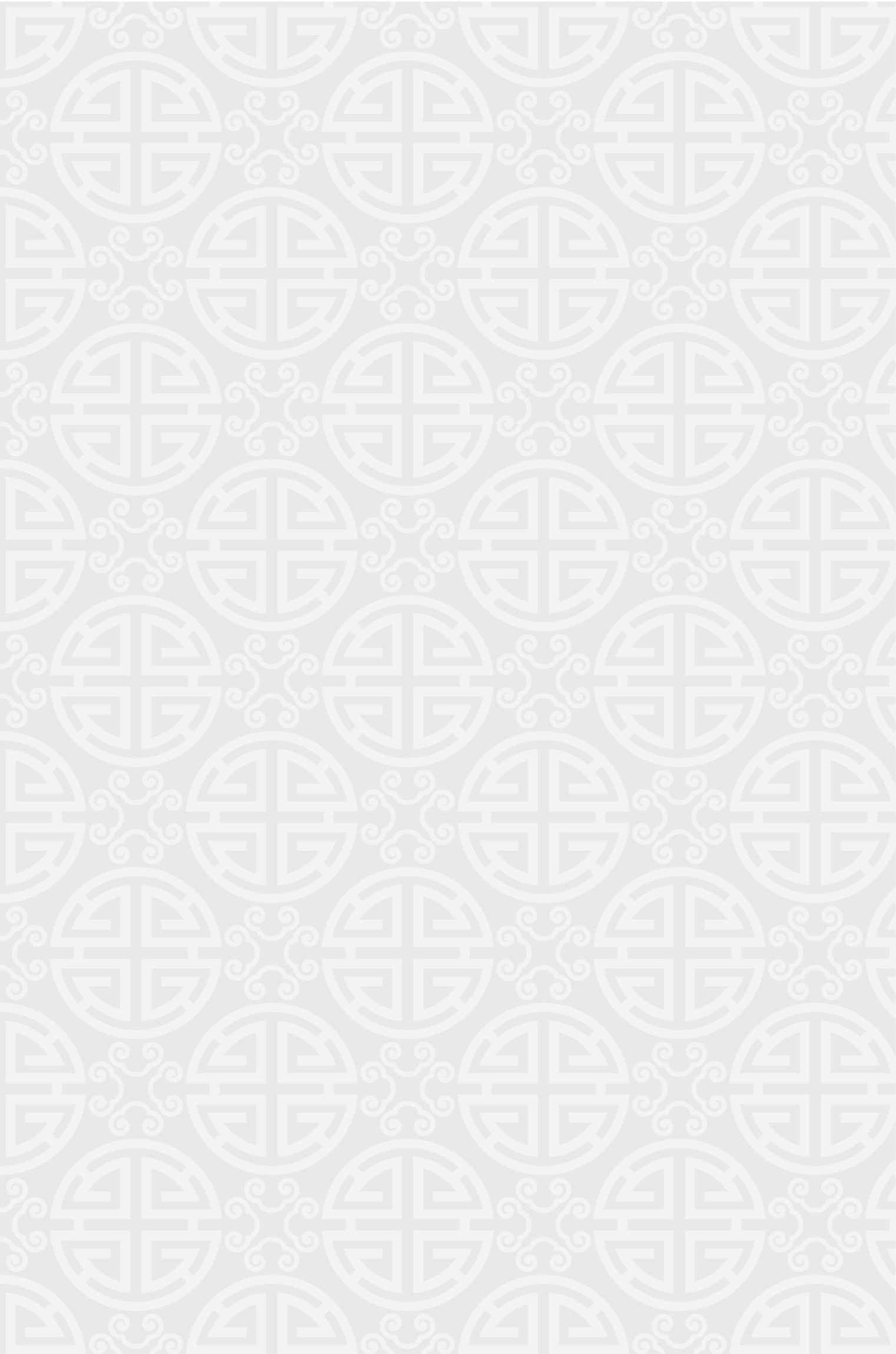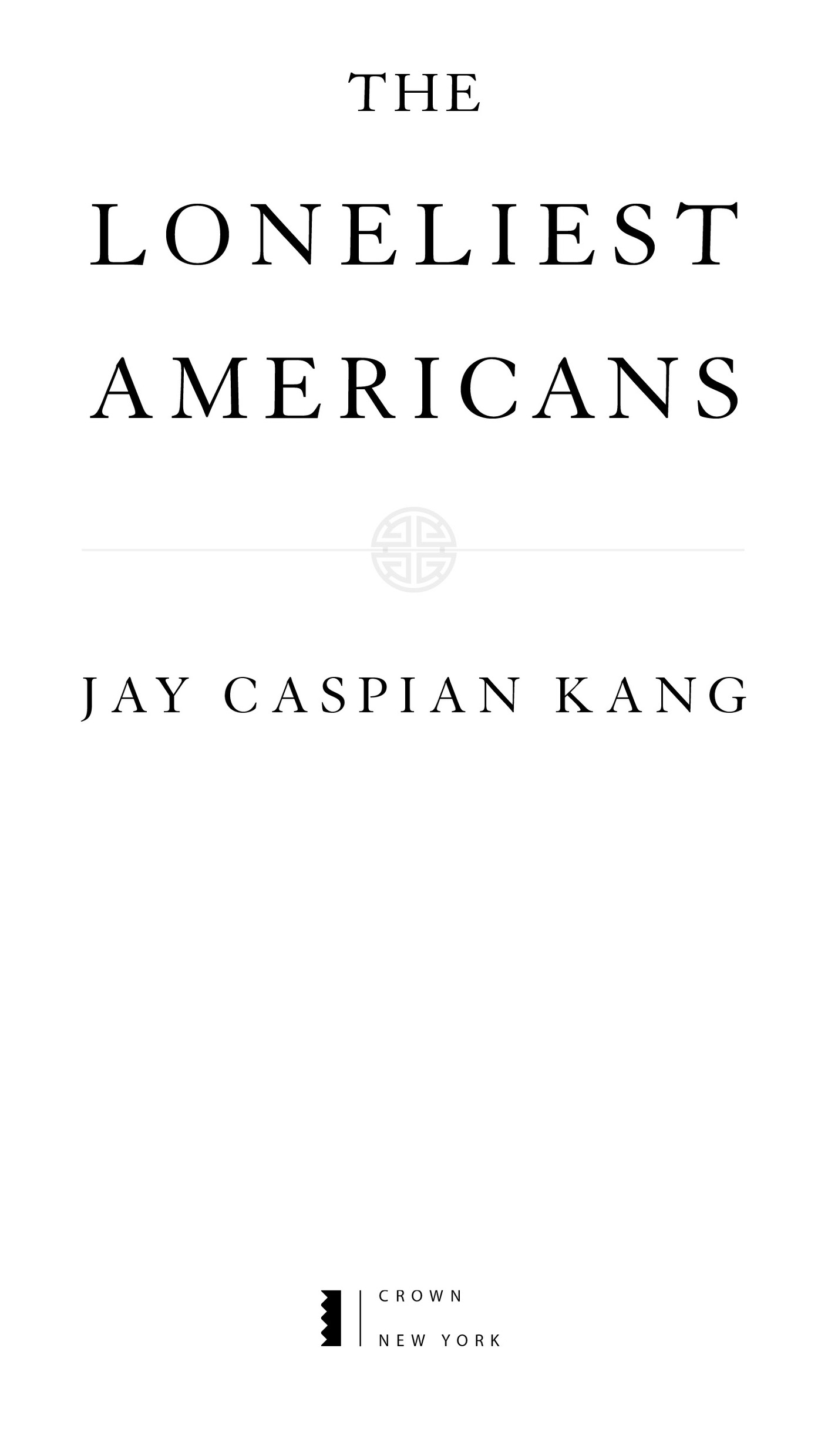Jay Caspian Kang - The Loneliest Americans
Here you can read online Jay Caspian Kang - The Loneliest Americans full text of the book (entire story) in english for free. Download pdf and epub, get meaning, cover and reviews about this ebook. year: 2021, publisher: Crown, genre: Politics. Description of the work, (preface) as well as reviews are available. Best literature library LitArk.com created for fans of good reading and offers a wide selection of genres:
Romance novel
Science fiction
Adventure
Detective
Science
History
Home and family
Prose
Art
Politics
Computer
Non-fiction
Religion
Business
Children
Humor
Choose a favorite category and find really read worthwhile books. Enjoy immersion in the world of imagination, feel the emotions of the characters or learn something new for yourself, make an fascinating discovery.
- Book:The Loneliest Americans
- Author:
- Publisher:Crown
- Genre:
- Year:2021
- Rating:4 / 5
- Favourites:Add to favourites
- Your mark:
The Loneliest Americans: summary, description and annotation
We offer to read an annotation, description, summary or preface (depends on what the author of the book "The Loneliest Americans" wrote himself). If you haven't found the necessary information about the book — write in the comments, we will try to find it.
A smart, vulnerable, and incisive exploration of what it means for this brilliant and honest writera child of Korean immigrantsto assimilate and aspire while being critical of his membership in his community of origin, in his political tribe, and in America.Min Jin Lee, author of Pachinko
In 1965, a new immigration law lifted a century of restrictions against Asian immigrants to the United States. Nobody, including the lawmakers who passed the bill, expected it to transform the countrys demographics. But over the next four decades, millions arrived, including Jay Caspian Kangs parents, grandparents, aunts, and uncles. They came with almost no understanding of their new home, much less the history of Asian America that was supposed to define them. The Loneliest Americans is the unforgettable story of Kang and his family as they move from a housing project in Cambridge to an idyllic college town in the South and eventually to the West Coast. Their story unfolds against the backdrop of a rapidly expanding Asian America, as millions more immigrants, many of them working-class or undocumented, stream into the country. At the same time, upwardly mobile urban professionals have struggled to reconcile their parents assimilationist goals with membership in a multicultural eliteall while trying to carve out a new kind of belonging for their own children, who are neither white nor truly people of color. Kang recognizes this existential loneliness in himself and in other Asian Americans who try to locate themselves in the countrys racial binary. There are the businessmen turning Flushing into a center of immigrant wealth; the casualties of the Los Angeles riots; the impoverished parents in New York City who believe that admission to the citys exam schools is the only way out; the mens rights activists on Reddit ranting about intermarriage; and the handful of protesters who show up at Black Lives Matter rallies holding Yellow Peril Supports Black Power signs. Kangs exquisitely crafted book brings these lonely parallel climbers together amid a wave of anti-Asian violence. In response, he calls for a new form of immigrant solidarityone rooted not in bubble tea and elite college admissions but in the struggles of refugees and the working class.
Jay Caspian Kang: author's other books
Who wrote The Loneliest Americans? Find out the surname, the name of the author of the book and a list of all author's works by series.

